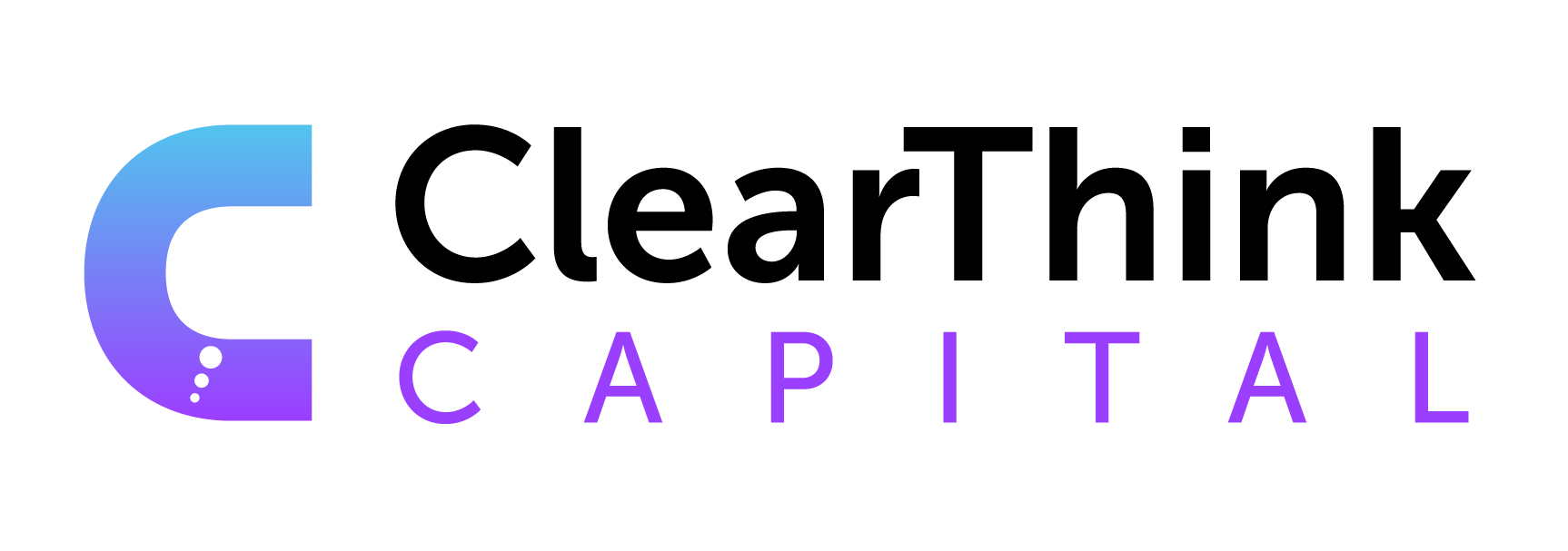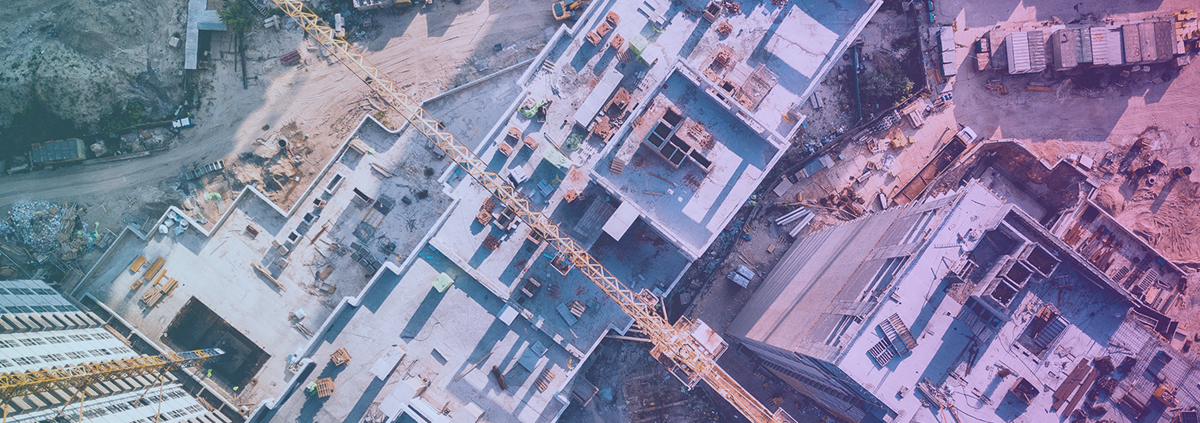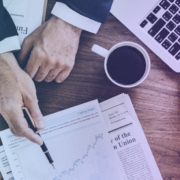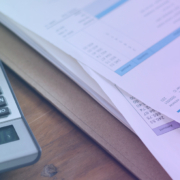Equipment Financing vs. Equipment Leasing
When it comes to purchasing equipment for your business, you have two main options: equipment financing and equipment leasing. Both of these options allow you to obtain the equipment you need without having to pay for it upfront, but they work in very different ways. So which one is the right fit for your business?
Equipment Financing: Ownership and Equity Building
Equipment financing refers to a type of loan that is specifically designed to help businesses purchase equipment. These loans are often secured by the equipment being purchased and may offer lower interest rates and longer repayment periods than other types of financing. Equipment financing is typically used for large purchases such as machinery, vehicles, or real estate.
One of the main benefits of equipment financing is that it allows you to build equity in the equipment as you make payments. This means that you will own the equipment outright once the loan is paid off, and you can use it as collateral for future financing or sell it for a profit. Equipment financing also gives you more control over the equipment, as you can customize it to meet the specific needs of your business.
However, equipment financing also has some drawbacks. It typically requires a down payment and may be more difficult to obtain if the equipment is outdated or hard to sell. In addition, equipment financing can be a significant financial burden for small businesses, as the monthly payments can be quite high.
We match our clients with our network of lenders and advise them through the credit financing process. Learn more ►
Equipment Leasing: Flexibility and Upgrades
Equipment leasing, on the other hand, refers to the act of renting equipment for a set period of time. With equipment leasing, you do not own the equipment and do not have the option to sell it once the lease is up.
One of the main benefits of equipment leasing is that it requires little or no upfront cost. This makes it a good option for businesses with limited capital or those that need to preserve cash for other purposes. Equipment leasing also allows you to upgrade to newer equipment more easily, as you can simply return the old equipment and lease a new model when the lease is up.
However, equipment leasing also has some drawbacks. You do not build equity in the equipment, which means that you will not be able to use it as collateral for future financing or sell it for a profit. In addition, equipment leasing can be more expensive in the long run, as you will be paying for the use of the equipment rather than owning it outright.
Making the Right Choice for Your Business
Ultimately, the right choice between equipment financing and equipment leasing will depend on your specific needs and goals. If you need long-term financing for a large equipment purchase and have the cash flow to support monthly payments, equipment financing may be the better option. If you need more flexible, short-term financing or are working with a limited budget, equipment leasing may be the way to go.









